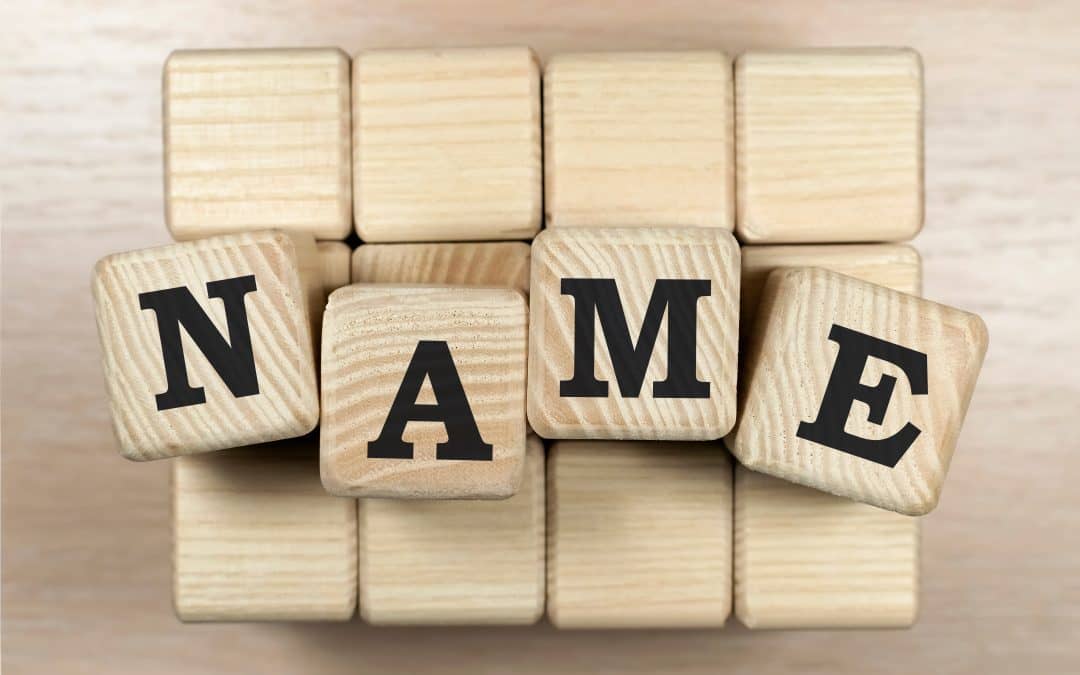A child’s name can be changed with the written consent of everyone with parental responsibility. A person with parental responsibility has a legal responsibility to look after a child and make important decisions on their behalf, such as medical decisions.
Wollens Paralegal Carly Woods looks at the areas for consideration.
Essentially if each person with parental responsibility consents, it can be easily carried out, with certified documents being provided, changing a Childs name can be a sensitive and complex matter and most prefer the guidance of a Legal Professional to take them through the process.
If one person with parental responsibility does not consent, then the party wanting to change their Child’s name can make a Specific Issues Order to the Court. Under section 8 of the Childrens Act 1989, the Court will use the Welfare Checklist to determine whether a change of name is in the Childs best interest.
In a court case ( Dawson v Wearmouth), it was established that a child’s surname should only be changed if it will ultimately improve the child’s welfare.
It can be considered important for a child to keep the name link with a biological parent, even if there is no contact between them. If consent to a change of surname is not forthcoming, it may be worth exploring other options. Keeping the surname as a middle name and the use of a double barrell name with both surnames, for example.
When a child reaches the age of 16, they can change their name without consent. In this scenario, having a Legal Professional carry out the Change of Name Deed would be beneficial to advise and talk through the process, answering any questions the child may have. It is important to note, that a parent cannot change the name of a child between 16 and 17 without that Childs consent.
If a child is subject to any Care Order, Placement Order, or an Interim Care Order or if a child is up for adoption, a Specific Issue Order cannot be applied for.

If a child between 16-18 is under a Child Arrangement Order they cannot choose to change their name without the consent of everyone with parental responsibility, if one does not agree then an application to Court can be made in this circumstance.
It is not always necessary to ‘enrol’ a Change of Name. Officials such as the HM Passport Office and DVLA will accept unenrolled Change of Name Deeds.
For more information on the Courts criteria and what we can offer please do not hesitate to contact Carly Woods or one of our Family Law Specialists.



